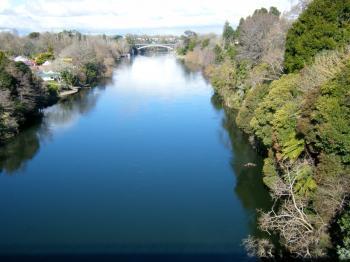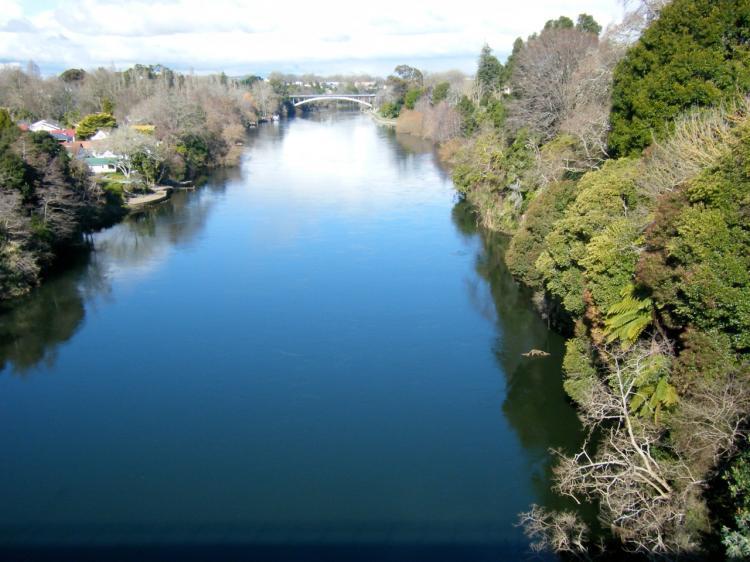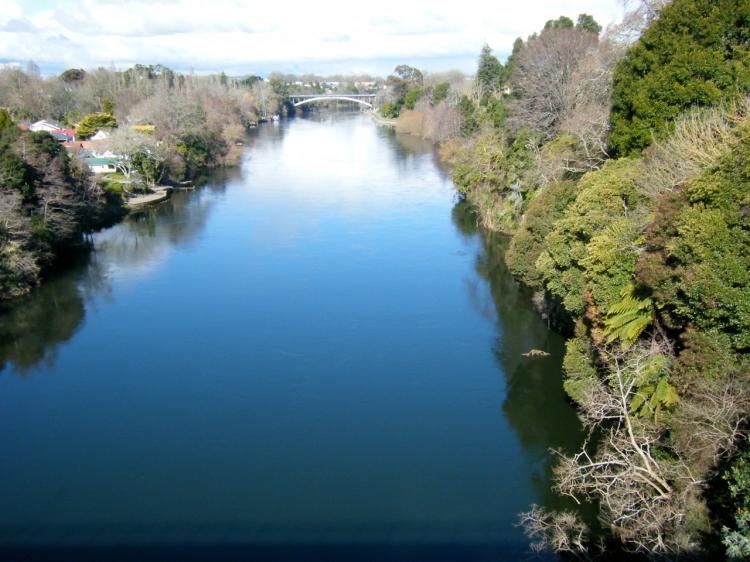Government Ignores Waterway Clean-Up Recommendations
Watering down freshwater management rules will stymie progress in the clean up of New Zealands rivers and lakes, says the Green Party today.

New Zealand river and lake water quality has declined over the past 20 years. Diane Cordemans/Epoch Times
|Updated:





